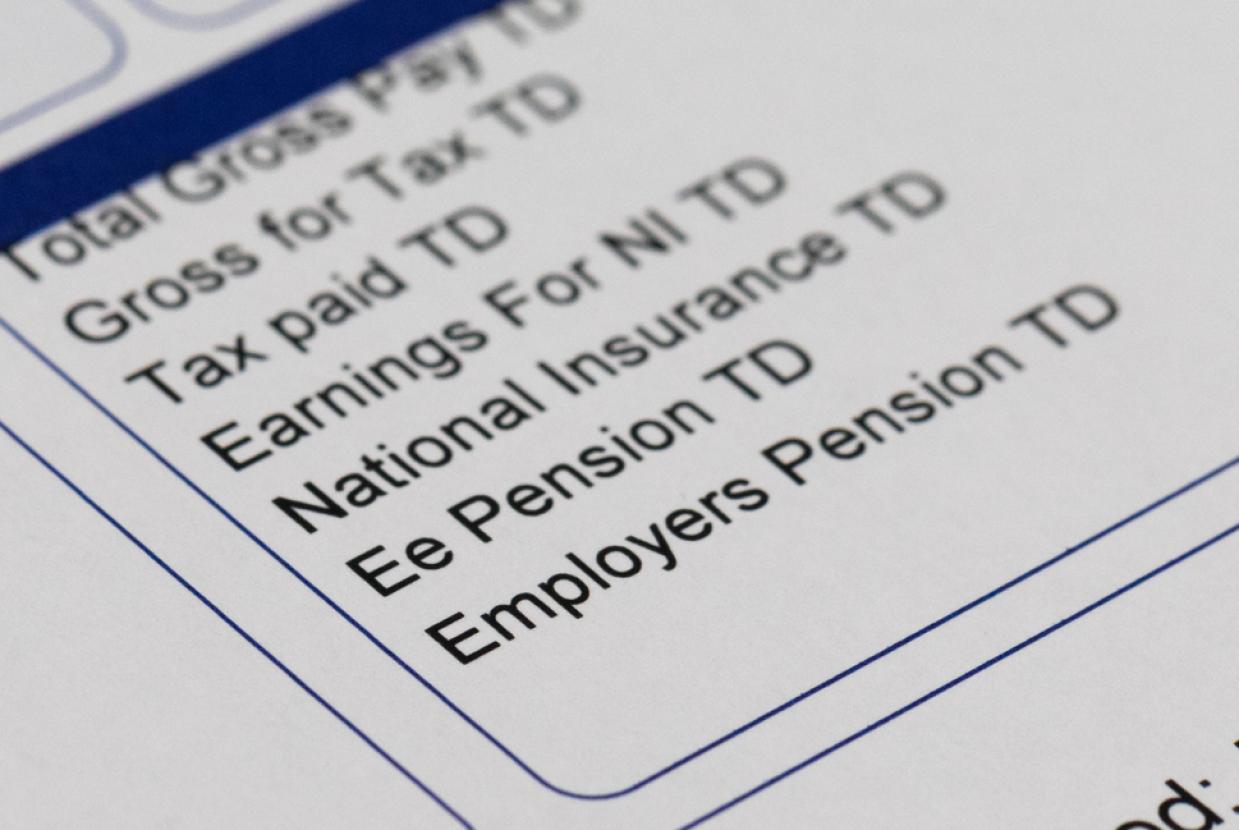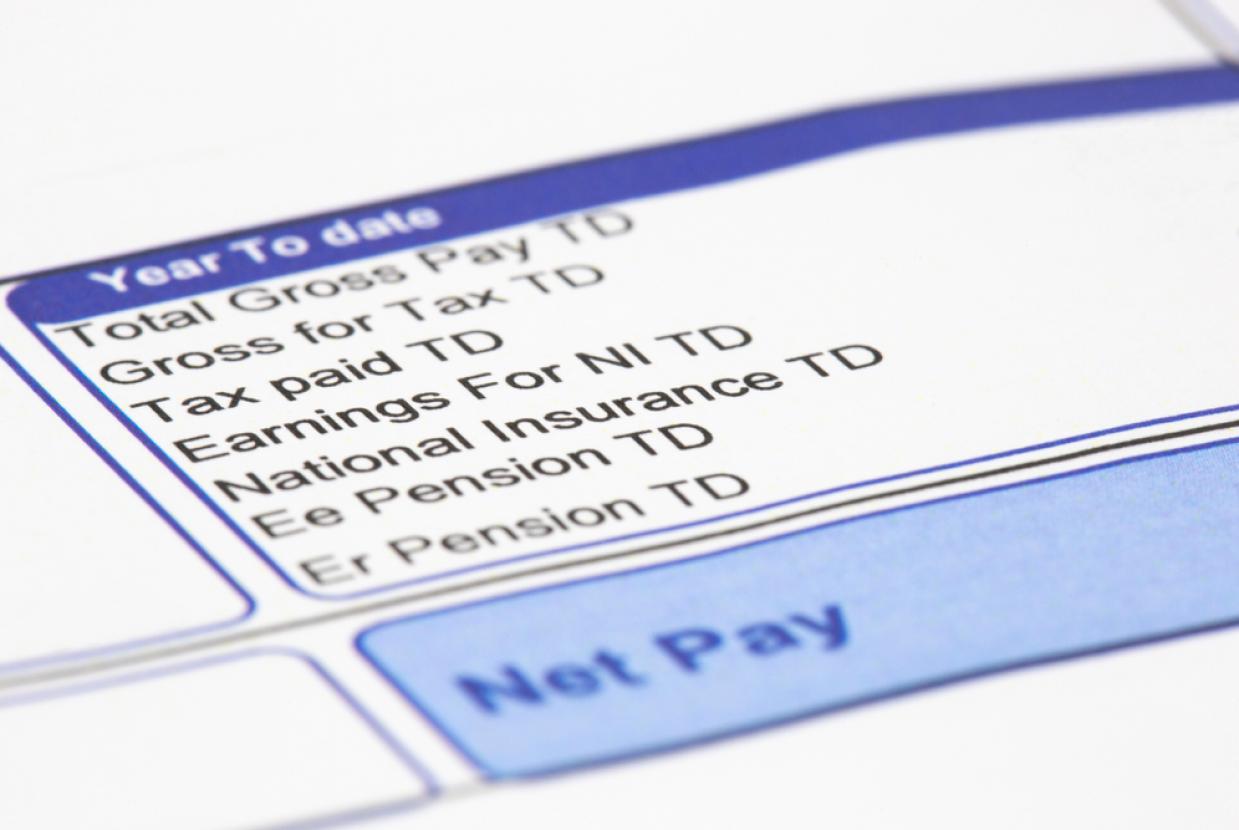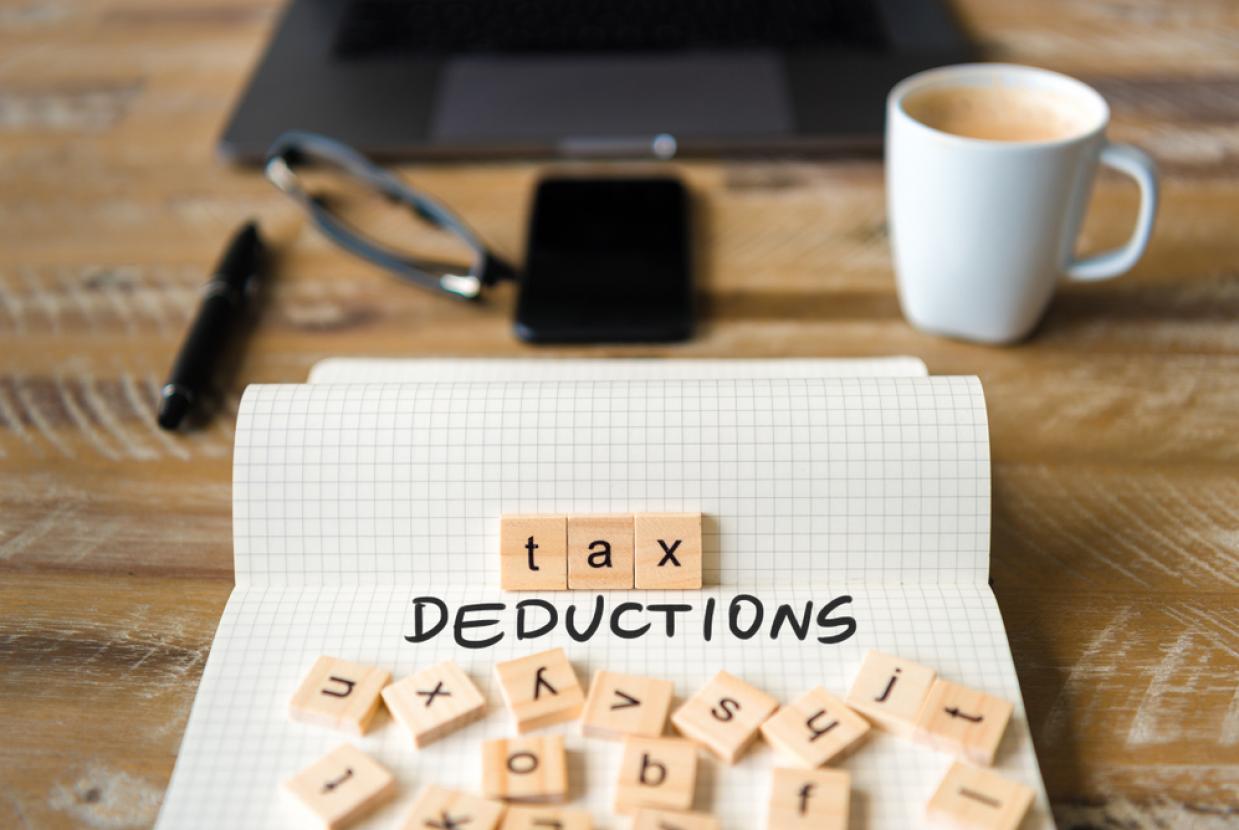Benefits & Work
If you’re employed, there are some important things you should know. We’ve looked at the basics of getting paid at work, so if you’re new to working this section is for you.
We’ve also created guidance to explain how tax and National Insurance works, because you need to make sure you understand how much of your pay packet you’ll get in your pocket.
Our section also covers employee benefits like salary sacrifice.
Benefits & Work
If you’re self-employed or on a low income, it’s important to know that Universal Credit is replacing a number of benefits you would have normally claimed, including Tax Credits, Housing Benefit and Working Tax Credit.
If you’ve just lost your job, the main benefit you can claim is new style Jobseeker’s Allowance (JSA). The benefits available depend on how long you were working for, your National Insurance contributions, how you left your job, and your household circumstances.
Working Tax Credit is designed to top up your earnings if you work and are on a low income. But it’s being replaced, and people now have to claim Universal Credit instead. If you get Working Tax Credit, find out how this change affects you
Universal Credit and Working Tax Credit
Unlike Working Tax Credits, there are no limits to the hours you can work on Universal Credit.
If you’re already getting Working Tax Credit
Are you already claiming Working Tax Credit? Then how and when you move to Universal Credit depends on if you have to make a new claim because of a change in circumstances.
Tax credits and a change in circumstances
You must tell HMRC (the government department that issues Tax Credits) within 30 days if you have a change of circumstances. This could be:
- losing a job
- having a child
- starting to work fewer than 16 hours a week.
Help to Save
If you’re on Working Tax Credit, a Help to Save account gives you up to a 50% bonus from the government on your savings.
Find out more in our guide Help to Save explained.
This might mean you’ll have to make a new claim for Universal Credit. HMRC will tell you what you need to do. Call the Tax Credit Helpline on 0345 300 3900 to let them know about any changes to your circumstances.
Working Tax Credit and help with childcare costs
Are you getting Working Tax Credit, work at least 16 hours a week and pay for childcare? Then you might be able to claim the ‘childcare element’ of Working Tax Credit. This will help with up to 70% of your childcare costs.
- if you’re in a couple, you need to be working at least 16 hours each to qualify
- you can be eligible if you’re employed or self-employed
In most cases, you must use registered or approved childcare. This can include childminders, playgroups and nurseries.
How much can you get?
With the childcare element, you can get help with up to 70% of your childcare costs. This is up to certain maximum weekly limits.
If you qualify for the childcare element, you won’t necessarily get the full amounts.
How much you get will depend on:
- your income
- the hours you work
- your childcare costs.
If you’re already claiming tax credits, call the Tax Credit Helpline to update your claim.
Working Tax Credit and Coronavirus
The furlough scheme has been extended to 30 September 2021. If you’ve been furloughed and or have experienced a temporary reduction in your working hours because of coronavirus, then the government will continue to treat you as if you’d worked your normal hours This will allow you to remain eligible for the same amount of Working Tax Credit.
Find out more about how your tax credits can be affected by coronavirus and what you need to do on the Low Income Tax Reform Group website
Tax credits and income changes
The amount your income can change before you have to tell HMRC is £2,500. This is called the income disregard.
If your income goes up
If your income goes up by £2,500 or more and you delay telling HMRC, or wait until the next time your claim is due to be re-assessed, you might find you’ve been overpaid tax credits.
You’ll be asked to pay this extra money back. This will be either by reducing your future tax credits or by direct payments if your tax credits have stopped.
To avoid a bill, it’s even more important to tell HMRC within 30 days of when you get the extra money. It’ll be easier for your tax credits to be adjusted, and decrease the chance you’ll be chased for overpayments at later.
If your income goes down
If your income falls by £2,500 or more, you might be entitled to more tax credits, or be asked to claim Universal Credit. Tell HMRC as soon as possible about your change of circumstances.































